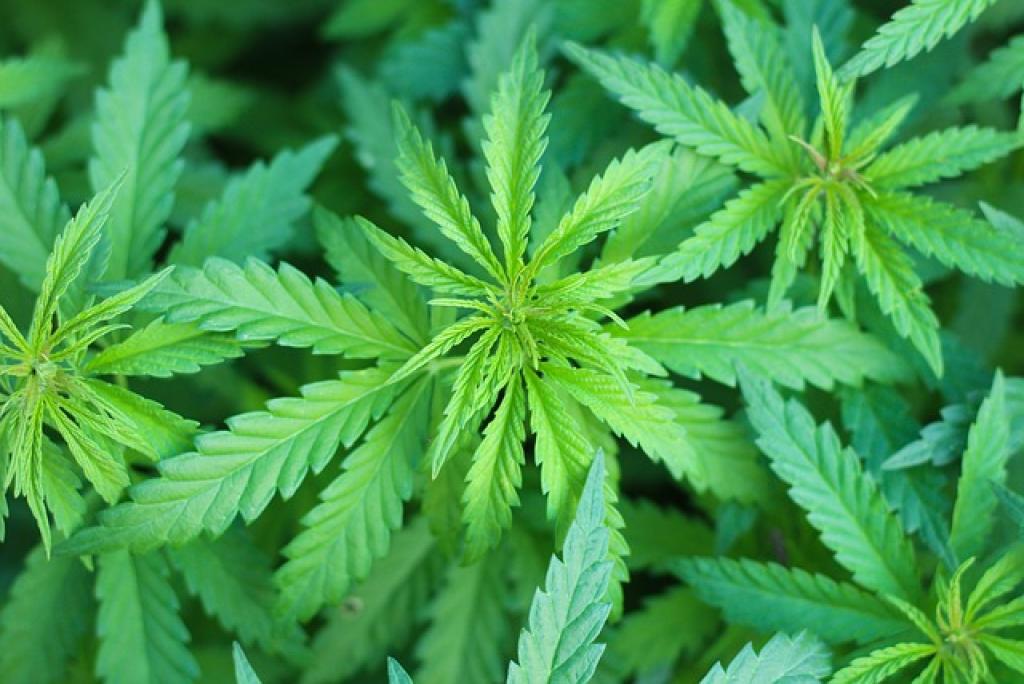Epilepsy affects millions worldwide, bringing with it seizures that can drastically impact daily life. Traditional treatments don’t work for everyone, leaving many searching for alternative solutions. Enter CBD, or cannabidiol, a compound derived from the cannabis plant.
Over recent years, CBD has gained considerable attention for its potential in managing epileptic seizures. But what does the research truly reveal? Is CBD a wonder treatment or just another fading trend?
In this post, we’ll dive deep into the latest scientific findings on CBD and its effects on epilepsy, unraveling the facts from the hype. Get ready to explore whether CBD could be the breakthrough so many are hoping for.
CBD’s Mechanism of Action in Epilepsy Treatment
So, how does CBD work its magic on epilepsy? It’s all about the brain’s complex communication network. Our brains have receptors that respond to various chemicals, including cannabinoids like CBD.
CBD interacts with these receptors, particularly the ones involved in regulating nerve activity and neurotransmitter release. This interaction helps to calm down the electrical surges in the brain that cause seizures.
One of the key players here is the endocannabinoid system, which helps maintain balance in our bodies. By enhancing this system, CBD can reduce the frequency and severity of seizures.
Additionally, CBD’s anti-inflammatory and neuroprotective properties further support brain health and stability. While the exact mechanisms are still being studied, the promising results are hard to ignore.
As researchers continue to uncover more about CBD’s role in epilepsy treatment, it becomes clearer why so many people are optimistic about its potential.
Benefits of Using CBD to Manage Epilepsy Symptoms
Using CBD to manage epilepsy symptoms has several compelling benefits. One of the most notable is the potential for reduced seizure frequency. Many patients report experiencing fewer seizures after incorporating CBD into their treatment regimen.
Another big plus is the possibility of fewer side effects compared to traditional epilepsy medications. Common antiepileptic drugs can sometimes have harsh side effects like dizziness, fatigue, and mood changes. CBD, on the other hand, tends to be well-tolerated.
Improved Quality of Life
CBD may also contribute to an overall improved quality of life. Reducing seizures and minimizing side effects can help patients feel more stable and less anxious. This can translate to better sleep, more energy, and enhanced daily functioning.
Some studies and anecdotal evidence suggest that CBD can also improve cognitive function and mood. By providing a more balanced endocannabinoid system, users might experience clearer thinking and a more positive outlook.
Accessibility and Customization
Another benefit is the flexibility in consumption methods. CBD comes in various forms, such as oils, capsules, and edibles. This allows users to choose the best option for their needs and lifestyle.
Additionally, many users appreciate the natural origins of CBD. With the increasing demand for holistic treatments, CBD stands out as a plant-based alternative worth considering.

Research Studies on CBD Efficacy for Epilepsy
The research on CBD’s efficacy for epilepsy is both extensive and ongoing. One of the landmark studies was conducted by Dr. Orrin Devinsky and his team, which led to the approval of Epidiolex. This CBD-based medication is now a well-known treatment option for certain types of epilepsy, like Dravet Syndrome and Lennox-Gastaut Syndrome.
Further studies have shown that patients using Epidiolex experienced a significant reduction in seizure frequency. In clinical trials, some patients saw their seizure frequency decrease by more than 50%. This is a promising finding for anyone affected by severe forms of epilepsy.
Broader Research Findings
Beyond Epidiolex, there have been numerous smaller-scale studies investigating CBD’s overall impact on epilepsy. These studies often report similar findings, noting reductions in seizure activity and improvements in quality of life. While these studies are encouraging, it’s important to note that they sometimes have limitations, such as small sample sizes.
Researchers are also exploring how CBD can work in tandem with other epilepsy medications. Some findings indicate synergistic effects, suggesting CBD can enhance the efficacy of traditional treatments or allow for lower dosages of other drugs. This is particularly beneficial for reducing side effects.
The Need for Continued Research
Despite these promising results, the scientific community agrees that more research is needed. Long-term studies with larger participant groups are crucial for fully understanding how effective CBD is in treating various forms of epilepsy.
Potential Side Effects of CBD in Epilepsy Patients
While CBD shows promise in treating epilepsy, it’s important to be aware of potential side effects. Any medication, even those derived from natural sources, can come with its own set of risks and downsides.
Commonly reported side effects of CBD include drowsiness, fatigue, and diarrhea. Some patients also experience changes in appetite and weight. These effects are generally mild but can be bothersome for some individuals.
More serious side effects are less common but still noteworthy. These can include liver toxicity, especially when taken in high doses or combined with other medications. Regular monitoring of liver function by a healthcare provider is often recommended for patients on CBD treatments.
Another potential concern is drug interactions. CBD can affect how other medications are metabolized, which might reduce their efficacy or increase the risk of adverse reactions. Always consult with a doctor before adding CBD to your treatment regimen, particularly if you are taking other prescriptions.
Interactions Between CBD and Anti-Seizure Medications
Navigating the world of medications can be tricky, especially when you’re adding something new like CBD into the mix. One crucial aspect to consider is how CBD interacts with anti-seizure medications, which many epilepsy patients rely on.
CBD can alter the metabolism of certain anti-seizure drugs. This means it might increase or decrease the levels of these medications in your bloodstream. For instance, it has been noted that CBD can raise the levels of clobazam, a common anti-seizure drug, which could potentially enhance both its effectiveness and side effects.
The interaction between CBD and anti-seizure medications can be a double-edged sword. On one hand, it might improve seizure control; on the other, it could lead to more pronounced side effects. This makes it all the more essential to involve your healthcare provider in these discussions.
Dose adjustments may be necessary to find the right balance. Your doctor might need to tweak the dosage of your anti-seizure medication or monitor your blood levels more frequently. This helps ensure that you’re getting the most benefit without tipping over into unwanted side effects.
The Bottom Line: CBD’s Role in Epilepsy Management
In conclusion, CBD has shown great promise as a tool for managing epilepsy, especially for those who have not found success with traditional medications. Its ability to reduce the frequency and severity of seizures can be life-changing for many.
However, it’s crucial to remember that CBD is not a one-size-fits-all solution. While some people experience significant benefits, others might find that it doesn’t work for them. Another thing to keep in mind is that the potential interactions between CBD and anti-seizure medications mean that professional guidance is essential.
Always consult your healthcare provider before introducing CBD into your treatment plan. They can help monitor your response and adjust your medications as needed to ensure your safety and well-being.
Furthermore, as the science around CBD continues to evolve, keep an eye out for new research and guidelines. Staying informed will help you make the best choices for your health.
To sum up, while CBD holds a lot of potential, careful management and professional advice are key to making it a beneficial part of epilepsy treatment. With the right approach, CBD could be a valuable addition to your epilepsy management toolkit.






